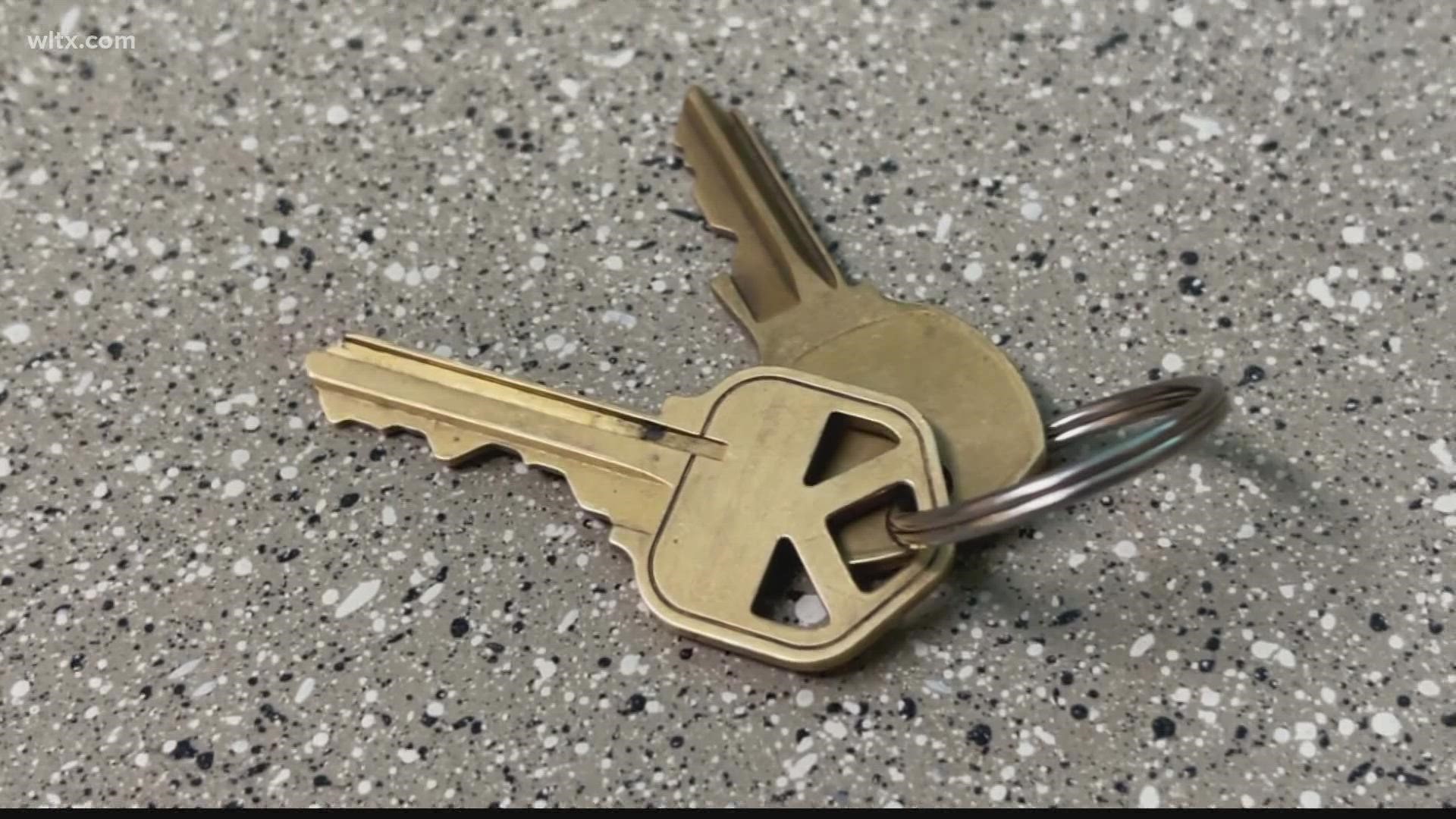COLUMBIA, S.C. — The moratorium put in place during the coronavirus pandemic to prevent people from being evicted from their homes is ending this Saturday, July 31st.
The moratorium was created by the trump administration to help tenants who have fallen behind on rent during the pandemic. According to the Department of Housing and Urban Development, at the end of March, there were over 6 million households behind on rent.
Adam Protheroe is the litigation attorney for South Carolina Appleseed.
“Appleseed is a non-profit advocacy organization for low-income South Carolina families. We work in all sorts of different spaces from consumer protection to housing to child welfare, hunger,” said Protheroe. “We really work across the spectrum to try and alleviate the problem of poverty for South Carolinians.”
While the eviction moratorium was extended several times during the pandemic, it is not expected that will it receive an additional extension passed July 31st.
“What the CDC Moratorium has prevented, it hasn’t necessarily prevented eviction filings, what it’s prevented is evictions actually being executed,” explained Protheroe.
The litigation attorney says tenants had the opportunity to provide declarations to their landlord about having hardships as a result of the pandemic, they were trying to pay their rent the best way they can and they were providing what money they can, although they are not full payments, and they were trying to get rental assistance that was available.
Tenants who signed those declarations were protected from eviction without payment.
With the moratorium ending on Saturday, this will be the first time during the pandemic in the state of South Carolina that there would no eviction protection for tenants.
“The last I looked, it was somewhere in the neighborhood of 170,000 to 180,000 South Carolina households that report being behind on their rent payments,” said Protheroe. “The number I saw last was that they collectively owed more than $380,000,000 in back rent. That number I know has increased since then.”
With rental assistance coming in at a slow pace and the moratorium ending immediately, it may create problems for people seeking to pay rent and not be evicted.
“Landlords, understandably, some are suffering as well. They see eviction as their only recourse,” explained Protheroe. “What’s kind of compounding this problem has been there are hundreds of millions of dollars in rental assistance and federal rental assistance coming into South Carolina, but that money is actually getting into people’s hands at a glacial pace.”
If you’re someone who is worried about potentially being evicted, there are several things you should keep in mind to help.
One thing SC Appleseed suggests is talking to your landlord.
“Open communication can solve a surprising number of problems. It won’t solve every problem, just talking won’t always do it, but it really does often solve problems to talk with folks, try to workout a plan as best you can,” said Protheroe.
The second thing is if you’re facing eviction, especially if you’ve had an eviction case filed against you, try to get legal assistance as soon as possible.
“There are low-cost and no-cost legal assistance organizations in South Carolina that can help with these cases,” explained Protheroe. “If you’ve been served with any type of legal papers, particularly eviction papers, know that once someone is served with eviction papers, you’ve got ten days to respond to them.”
People can either respond to the papers or move out. If you don’t respond within the ten days, the court will issue an eviction order which could mean there is a record now a future landlord will see that could prevent them from wanting to rent to you.
Protheroe’s biggest hope is that rental assistance gets out faster and steps are taken in the court system to help limit the impact of the flood of evictions expected to occur.
“Some kind of action from the legislator and the Governor. The legislator has been slow to act when it comes to even just passing money through the federal rental assistance money then just passing that through to an agency so the agency can administer the funds,” said Protheroe. “Taking a more active approach and understand that an eviction crisis doesn’t just affect tenants, it affects landlords, it affects businesses, it affects employers, it affects social services agencies. It’s really going to overwhelm systems that were already running at the brank to begin with.”

